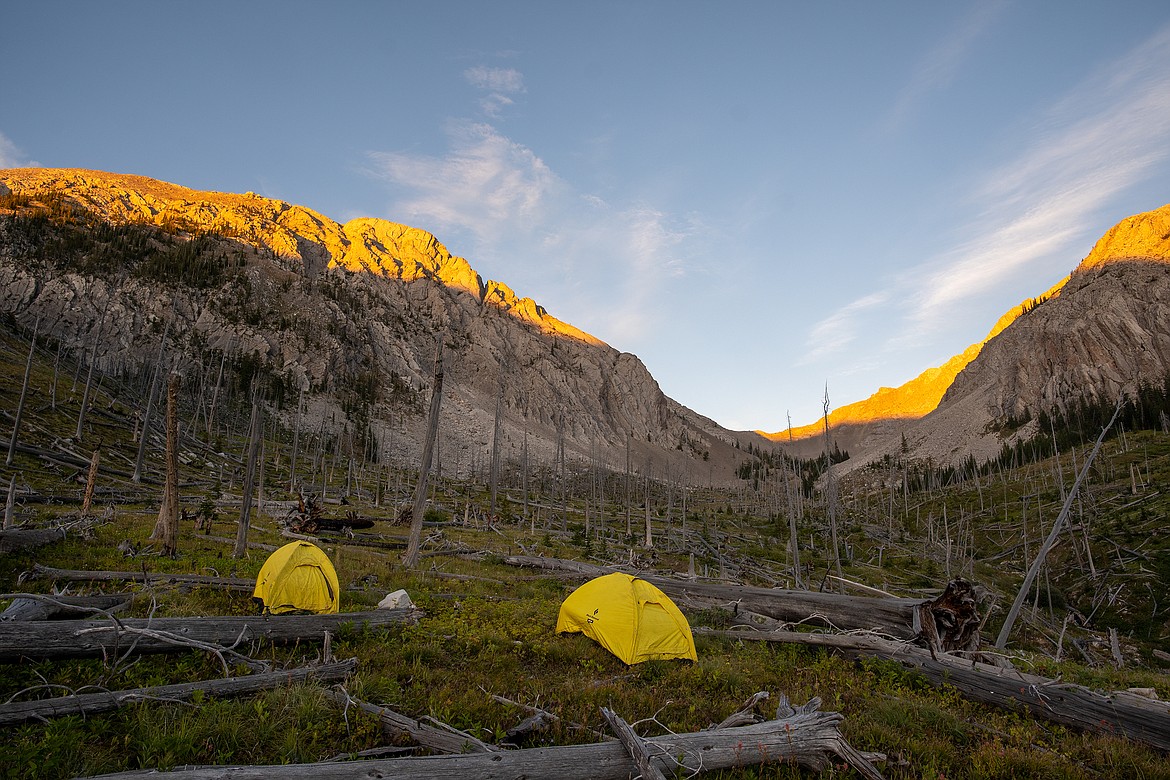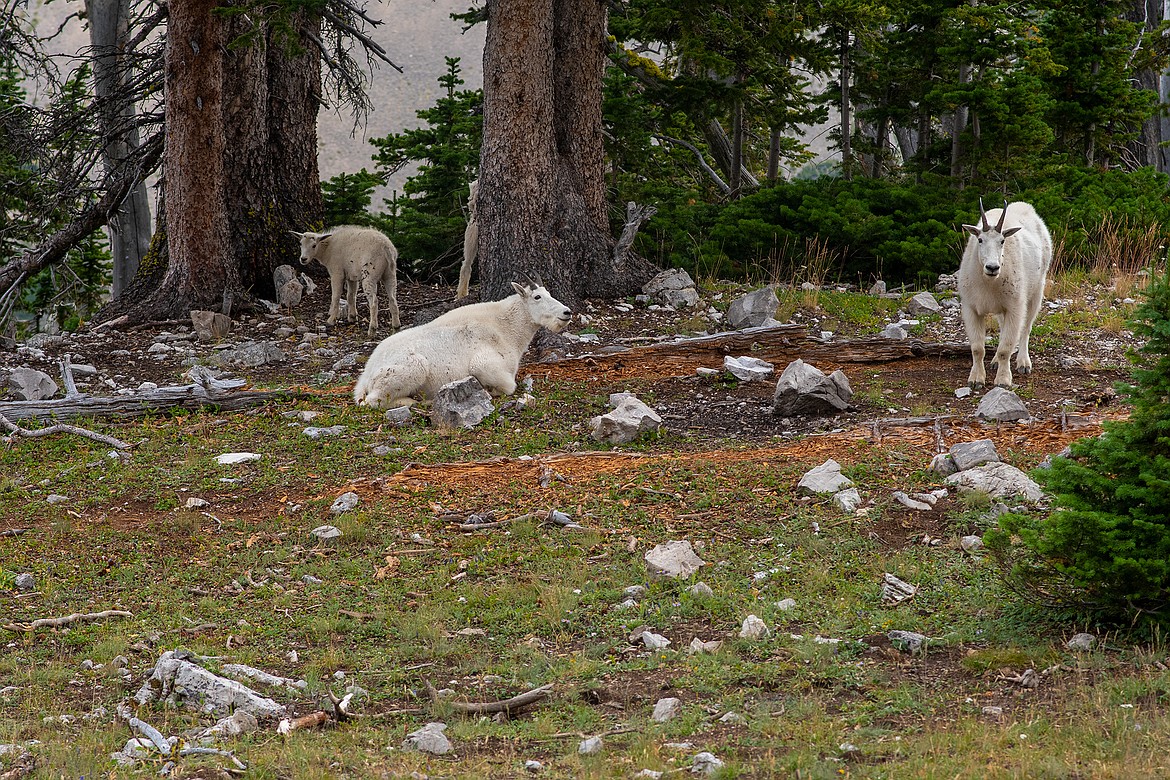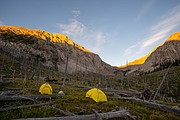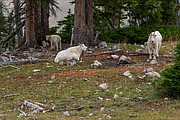Bob Marshall Wilderness marks 80 years
The variable which to me seems to make the difference between a tragic and a normal death is the factor of happiness; a dual factor embracing both the personal happiness of the one who died and the amount he did toward making other people happy.
Bob Marshall wrote those words.
At the time, Marshall was a wilderness champion, working for the Forest Service. He was famous for his long exploratory walks through the American countryside, advocating for lands he often had personally set foot on.
And Marshall was no ordinary hiker. He often strived to do 30 miles in a day, bagging peaks along the way. If he didn’t reach the 30 mile mark, he’s do an “evening stroll” to make the few miles difference.
While Marshall was instrumental in the wilderness movement in the United States, designation by Congress didn’t come until years after his death.
Marshall was a bright, shining, light in the world of conservation. But he didn’t live long.
On Nov. 10, 1939, Marshall was on a midnight train to New York to visit his brothers, George and Jim.
“He seemed in fine spirits,” noted biographer James M. Glover in his book ,“A Wilderness Original.”
But a porter found Marshall dead in his berth.
He was just shy of 39 years old.
On Aug. 16, 1940, Agriculture Secretary Henry Wallace honored Bob Marshall by designating 950,000 acres of then primitive lands in the Flathead and Lewis and Clark National Forest as the Bob Marshall Wilderness.
This year marks the 80th anniversary of the wilderness, which has been added to over the decades, and
codified by Congress under the Wilderness Act of 1964. With additions, the wilderness area is now more than 1.5 million acres.
In tribute last week we went into the heart of what is now simply called “The Bob,” up and over Headquarters Creek Pass to the North Wall and back.
It was about 45 miles round trip.
Marshall would have done it in a little more than a day.
It took us four, though on the third day we considered a 20-mile hike out, but decided to stop just short of Headquarters Creek Pass; to simply enjoy the place and have an easy glide out the next morning.
Marshall had wisdom beyond his years. He picked the most beautiful places for wilderness preservation. The Bob is unique in that it preserves entire ecosystems. There’s river bottoms and mountaintops. We spent most of our time in the Sun River Game Preserve, another visionary landscape created to preserve elk herds in 1913 after they had largely been decimated in Montana.
We saw no elk (but plenty of tracks) but we did see several mountain goats, a black bear, heard hosts of pikas, sandhill cranes and two mule deer kept us company at a high mountain camp.
Hoary marmots whistled as we walked in the high country and there were too many squirrels to count, including one who was very happy that he had a “horseball” in his mouth.
We saw few people, but the trail turned to gumbo quickly when it rained, making for a sloppy trek on the way in.
Some camps appeared to be overused, but for the most part, the landscape was largely unscathed, save for the rutted track that served as a trail in places.
“Lovers of the Bob Marshall Wilderness like to call it the flagship of the wilderness preservation system and boast that it’s the most famous Forest Service Wilderness. A slight exaggeration, perhaps, but certainly the Bob Marshall Wilderness may have done more than any other single thing to make the name Bob Marshall a household word among wilderness enthusiasts,” Glover surmises.
We’re lucky to have this great landscape in our backyard.






